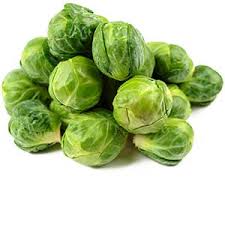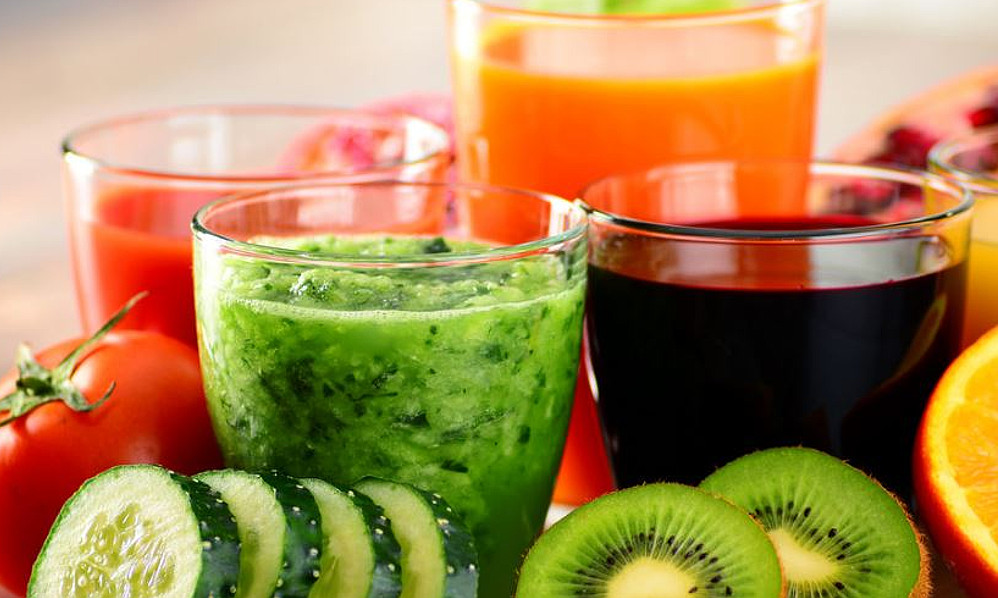Vitamin C, a tool to combat winter
Recommended Dosage
Vitamin C or ascorbic acid is a water-soluble vitamin, so our body does not accumulate it in large quantities; this implies that it must be ingested daily through the diet according to the needs of each person. In general terms, the recommended daily requirements for Vitamin C are:

- In children: 55 mg per day.
- In adults: 60 mg per day.
In what foods can we find it?
Vitamin C is found almost exclusively in fruits and vegetables. We can find it in the following percentages depending on the type of food:
| Fruit/vegetable | Quantity per 100 mg | |
| 1) | Brussels sprouts | 100mg/ 100g |
| 2) | Kiwi | 98mg/ 100g |
| 3) | Cauliflower | 70mg/ 100g |
| 4) | Spinach | 52mg/ 100g |
| 5) | Oranges | 50mg/ 100g |
| 6) | Lemon | 36mg/ 100g |
The energy content of orange juice is not high, and does not differ from that of other types of juice: about 50 calories per hundred milliliters, equivalent to that of a large 200-gram orange.
These calories are determined by the sugar content of the juiced fruit or, where applicable, by added sugar. Juices contain on average 10% of sugars (glucose, fructose and saccharose), while proteins and fats do not even account for 1% of juice. The remaining 89% is water with its corresponding vitamins and minerals.
Let's prepare for this winter with an adequate dose of Vitamin C, that way we will run less risk of getting sick.
A healthy diet allows us to have a better quality of life.
Gianella Pedemonte
Bachelor of Nutrition
